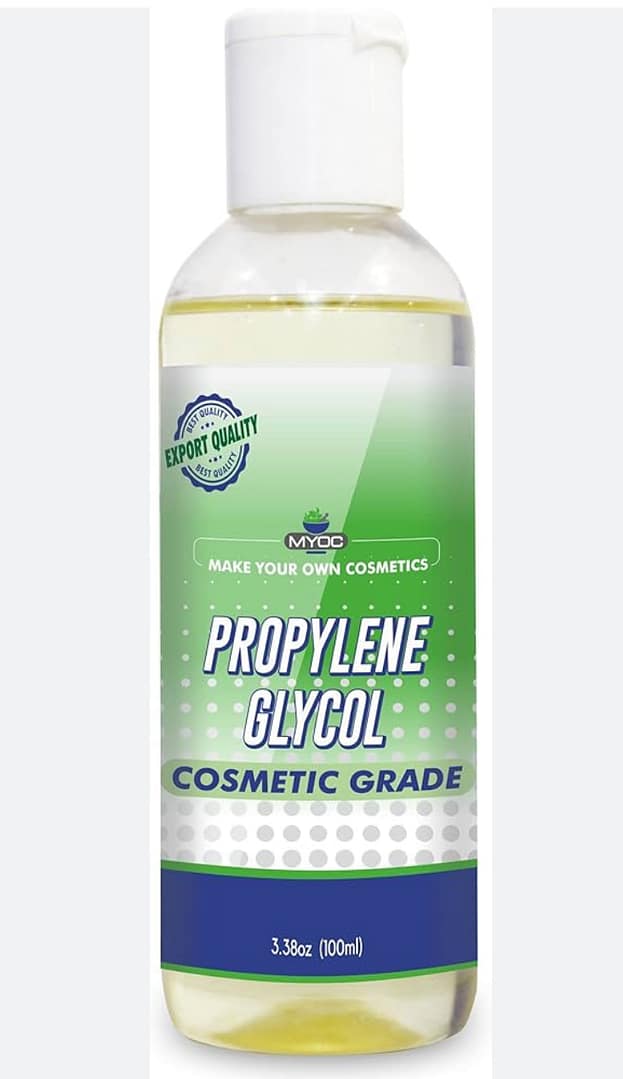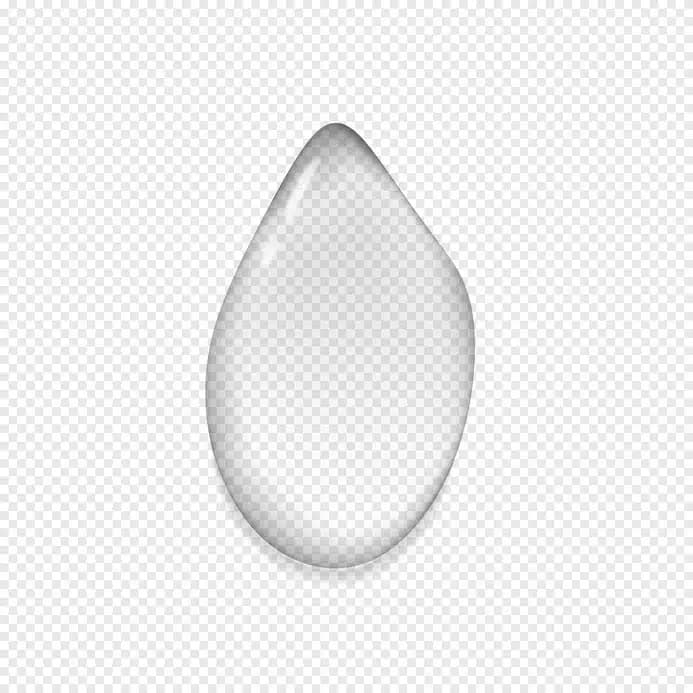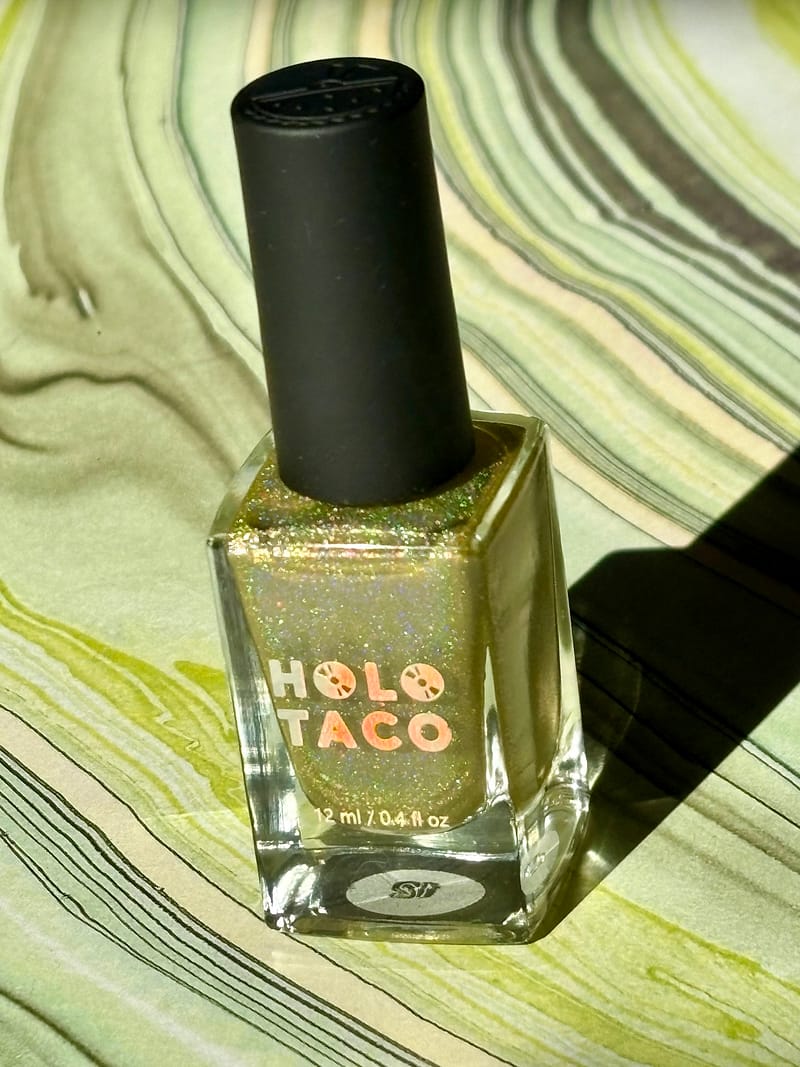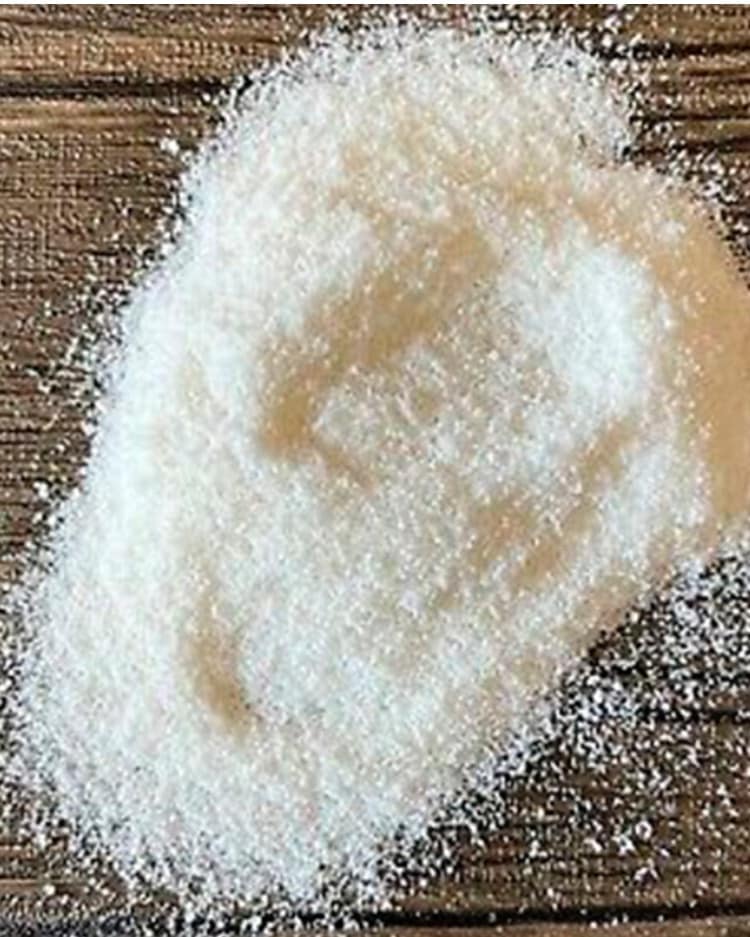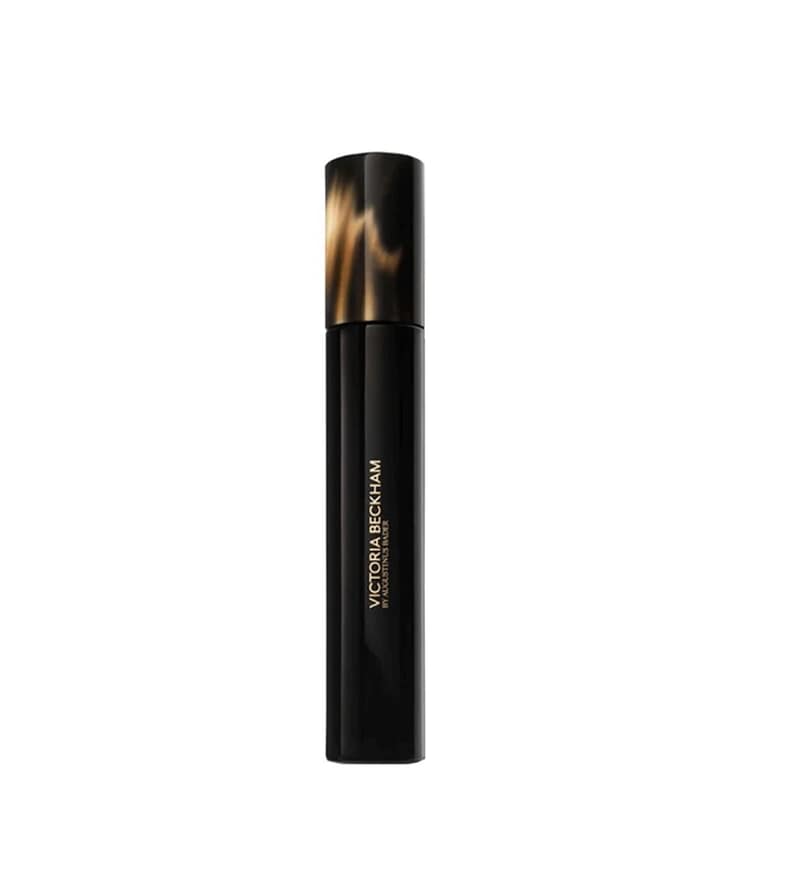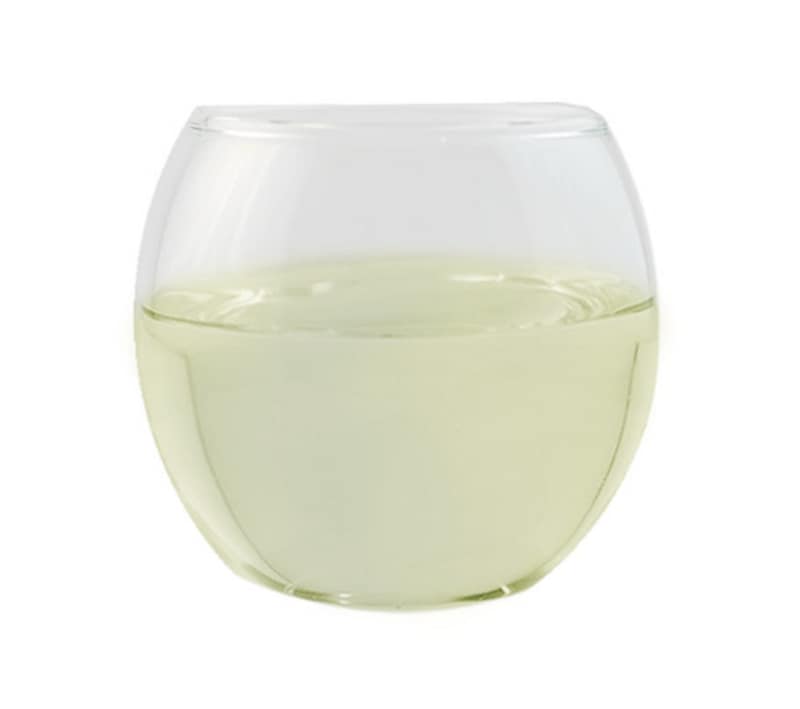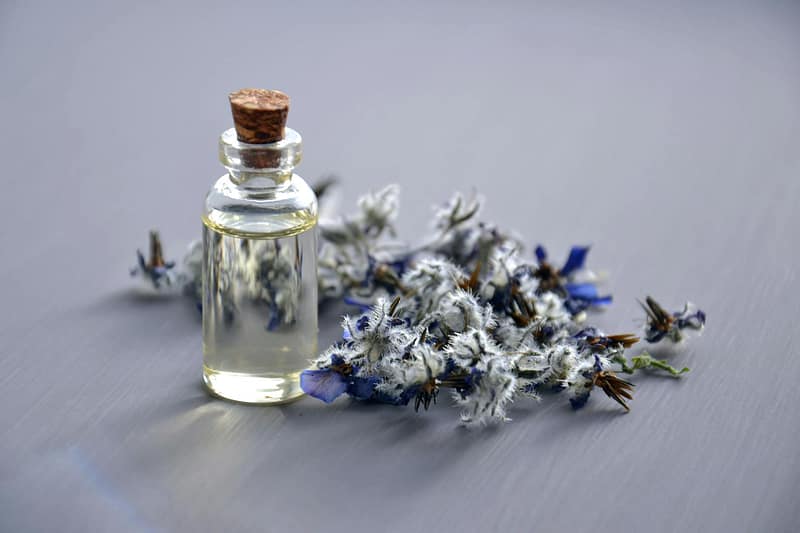Ah, propylene glycol. The silent hero of the cosmetics world, whispering sweet nothings to our dehydrated skin cells, making sure our mascara doesn’t look like a raccoon had a fight with a sprinkler system. This unassuming little compound is so omnipresent that it’s basically the Kevin Bacon of skincare.
The cosmetics industry loves it. The skincare community pretends to understand it. And you? You’re probably slathering it on your face right now without even knowing it. Let’s take a moment to appreciate this tiny, unassuming molecular underdog.
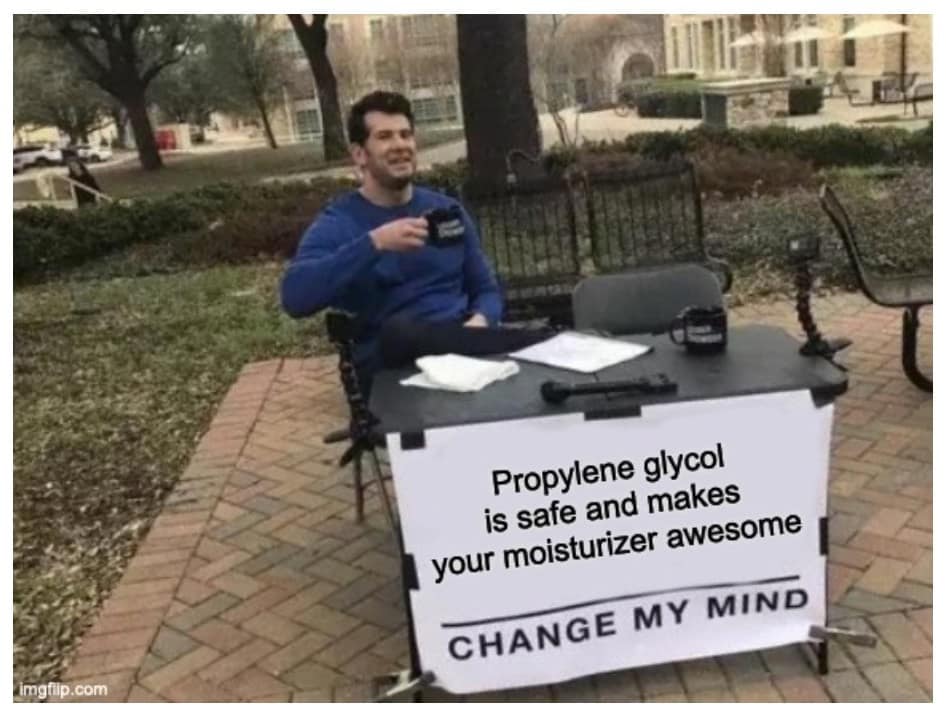
What Even Is Propylene Glycol?
Picture a scientific lab, all bubbling beakers and slightly neurotic people in lab coats. Amid this chaos, a chemist stands over a petri dish, holding what looks like a tiny, unassuming vial of clear liquid.
“Behold,” says the chemist, with a grandiose sweep of the hand, “propylene glycol!”
The lab assistants nod knowingly. But let’s be real—none of us regular people have any idea what that is.
To break it down: propylene glycol is a synthetic liquid substance derived from petroleum (gasp!). Yes, it sounds alarming when you say it out loud, but so does everything else in your skincare cabinet if you say it slowly enough and with the right amount of judgmental flair. It’s used in everything from antifreeze to salad dressings. And yes, also your moisturizer.
“But Kristen,” I hear you say, “why is a chemical from antifreeze in my face cream?”
To which I respond: Calm down, you sweet summer child. Do you want your moisturizer to have the consistency of old pudding or the staying power of an existential crisis? No, you do not. Propylene glycol is here to save the day.
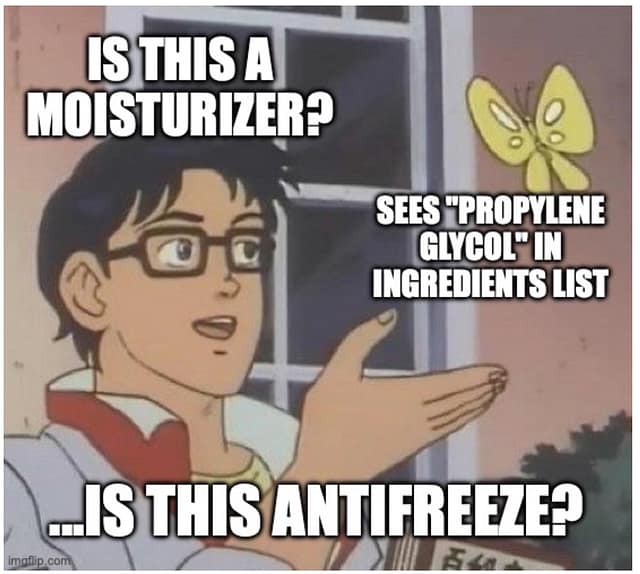
Why Is It In My Moisturizer?
Allow me to explain. It turns out that propylene glycol has three magic properties that make it invaluable to the beauty industry.
It’s a humectant.
A humectant is a fancy word for something that draws water into your skin like a sponge. Imagine your skin is a desert, dry and cracking under the harsh sun of your office’s air conditioning. Propylene glycol is the rainstorm that brings life back to the parched earth. It soaks into the deepest layers of your skin, dragging water molecules along with it, and leaves your face feeling like a hydrated, dewy wonderland.
It’s a solvent.
Don’t worry; this doesn’t mean it’s dissolving your face. It just means it helps dissolve other ingredients so they can be evenly distributed in a product. Without propylene glycol, your makeup would look like you smeared it on with a trowel, and your face cream would resemble chunky peanut butter.
It’s an emollient.
Emollient is just a fancy way of saying it makes your skin feel soft and smooth, like the supple backside of a baby who has never known the stresses of adult life or the existential dread of student loan payments.
In other words, this tiny little molecule is a workhorse. It’s the Ron Swanson of the beauty world: understated, reliable, and just slightly skeptical of you but will get the job done better than anyone else.

Is Propylene Glycol Safe, Though?
I hear your anxious whispers. And yes, I know what you’re thinking: “Isn’t this the same stuff in my car’s antifreeze? Should I be concerned?”
You’d think that a chemical used in engine coolant shouldn’t be anywhere near your skin. But it turns out there’s a huge difference between industrial-grade propylene glycol and the kind used in cosmetics. Think of it like the difference between a vintage bottle of wine and whatever your uncle brewed in his garage last summer.
In cosmetics, it’s super refined, and studies have shown it’s generally safe for human use. That said, people with super sensitive skin or specific allergies might find it irritating. If you’re someone who bursts into hives from looking at a bottle of perfume or faints at the faintest whiff of essential oils, proceed with caution. Otherwise, you’re likely just fine.
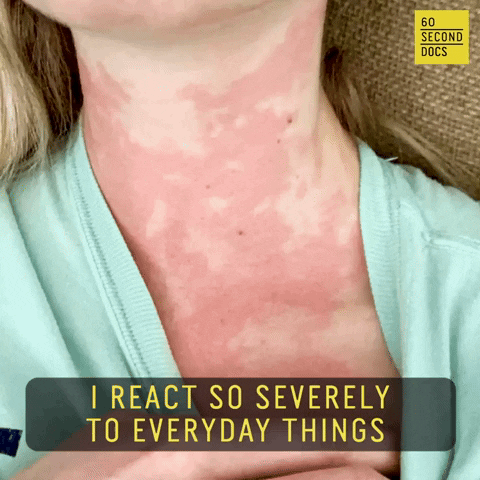
So… Do I Need It?
Here’s the thing. Propylene glycol is one of those ingredients that’s everywhere but never gets top billing. You’re never going to see a product with a shiny gold label that says “Now With 20% More Propylene Glycol!” because that sounds less like a skincare breakthrough and more like something you’d spray on the rusting chassis of a 1998 Toyota Corolla.
It’s the unsung hero. The roadie who makes sure the guitar is tuned before the concert but never gets to stand in the spotlight. It makes your foundation glide on like butter, helps your serums penetrate your skin barrier, and keeps your eyeliner from smudging into a sad, sad mess by 3 p.m.
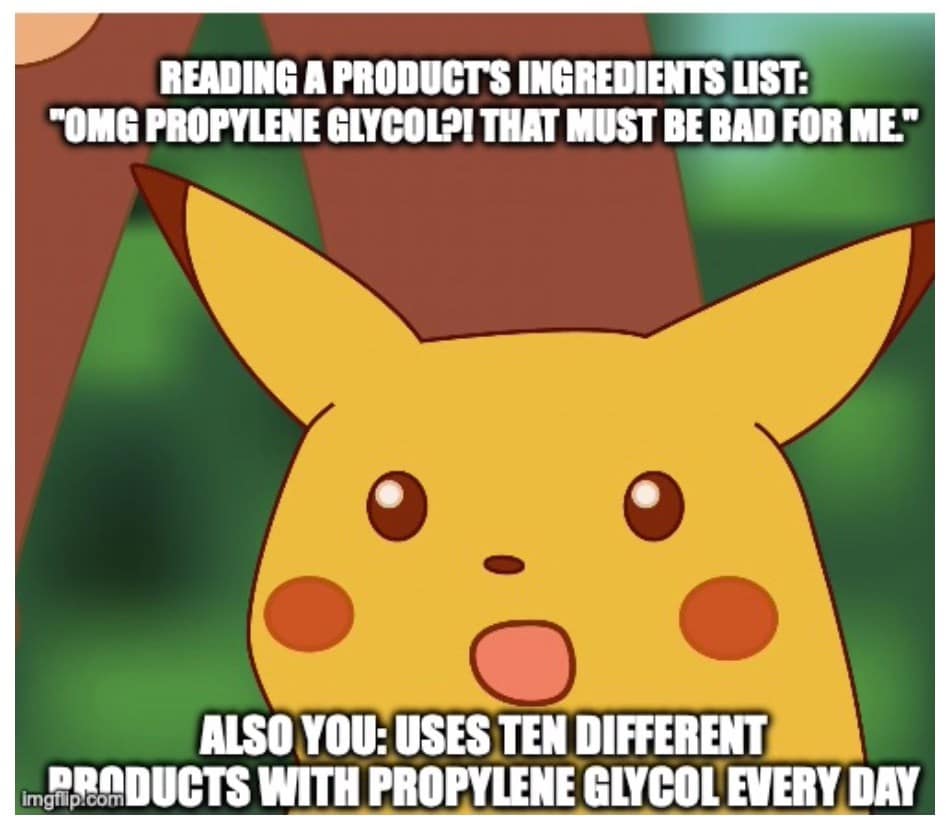
Should You Worry About It?
In the grand scheme of things, there are probably better things to worry about. Like why your next-door neighbor always seems to be vacuuming at midnight or why there’s never enough avocado on your avocado toast.
But if you’re concerned about synthetic ingredients or prefer a more “natural” approach, there are alternatives out there like glycerin or hyaluronic acid that perform similar duties. It’s a personal choice. If propylene glycol were a person, it wouldn’t be offended. It’s not needy like that. It’d nod sagely, with the quiet confidence of someone who knows their worth but doesn’t need to shout it from the rooftops.
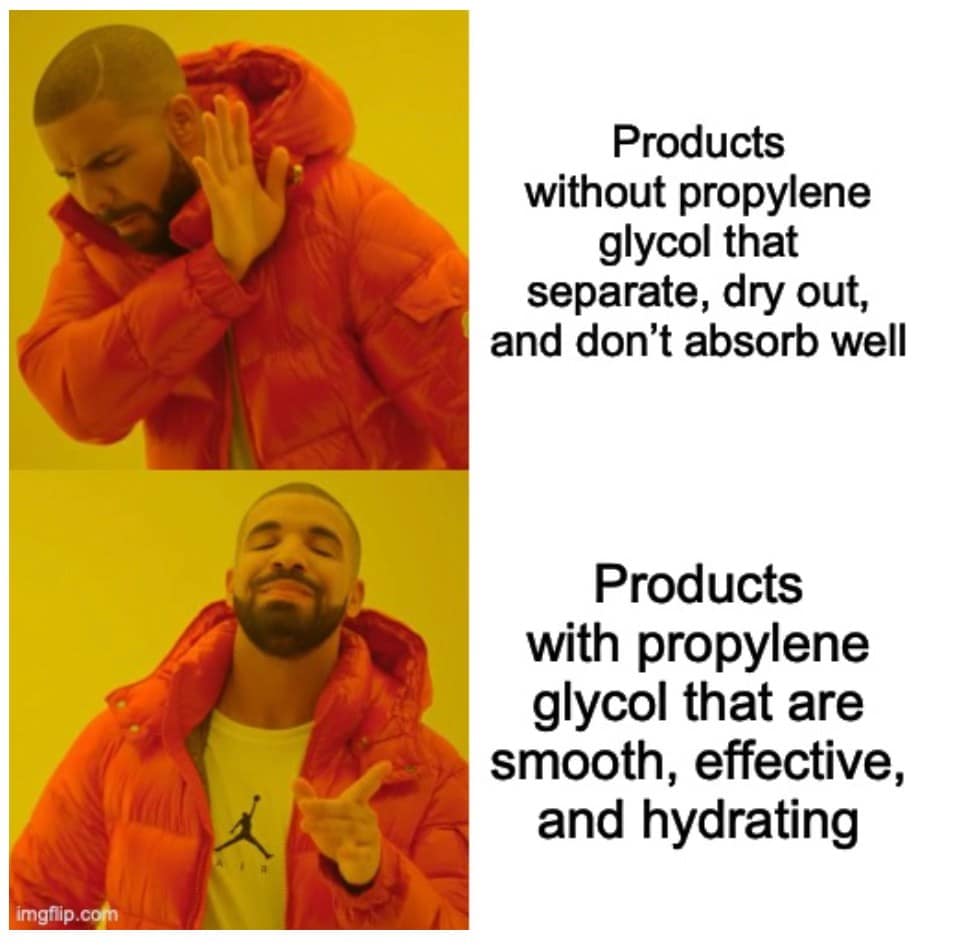
The Verdict
Propylene glycol is like the dependable best friend who doesn’t mind being the sidekick. The Watson to your Sherlock, the Luigi to your Mario, the Abigail to your Taylor Swift, the humble roadie to your skincare rock star. It’s not going to win any beauty pageants, but it’s also not going to let you down when it counts.
So next time you’re slathering on your $60 serum or patting your face with that fancy new moisturizer, give a little nod to propylene glycol. It’s the ingredient you never knew you needed but would be lost without.
Now go forth, armed with this knowledge, and moisturize like you’ve never moisturized before.
Further Reading:
Ajiboye, Tolu. “What Is Propylene Glycol?” Very Well Health. July 2nd, 2023.
Shunatona, Brooke. “What Is Propylene Glycol in Skincare? And Is It Safe? Dermatologists Explain.” Byrdie. July 11, 2024.
Timmons, Jessica. “What Role Does Propylene Glycol Have in Skin Care and Beauty Products?” Healthline. March 22, 2022.
